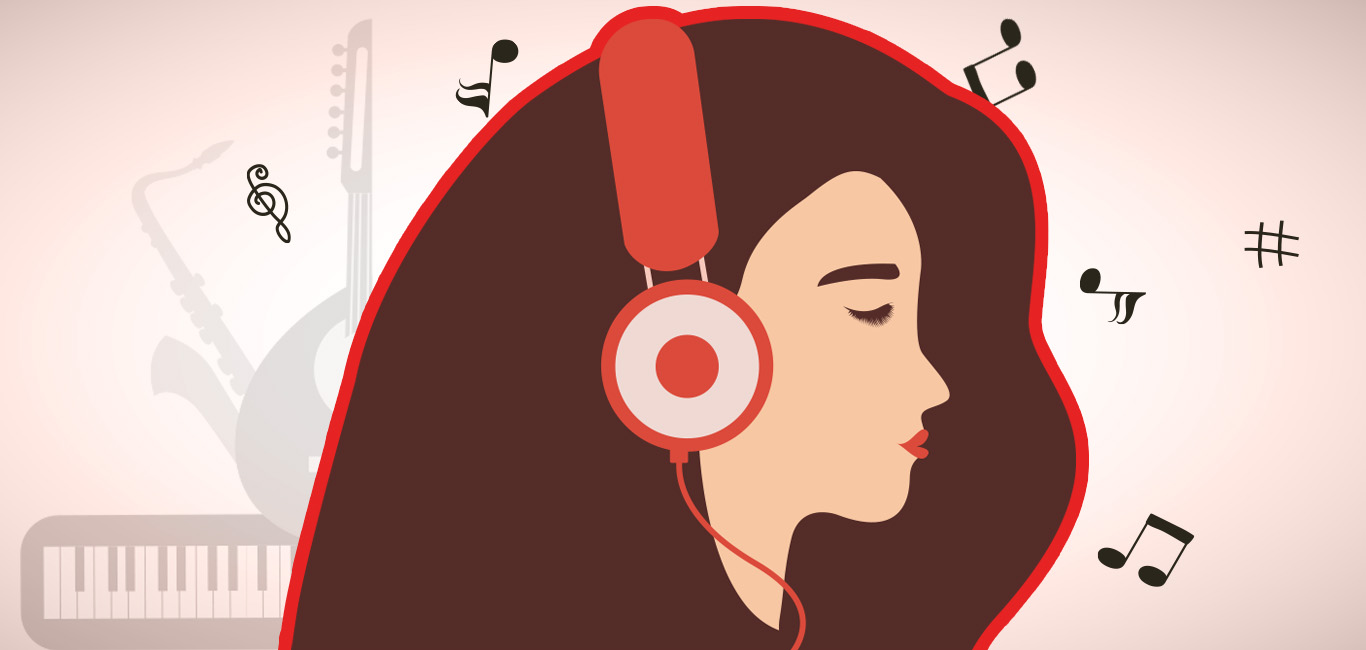
For the last two decades Rajinder Thakur has operated a mining truck that is as big as a mid-sized home in the coal mines of Dhanbad, Jharkhand. Despite the heat and exhaustion that comes with working in India’s biggest coal mine, he wraps as many as three mufflers around his head to protect his ears from the roar of the massive diesel engine and other mining machinery.
Even with this, he wears earplugs sometimes. This condition is unique to what experts call hyperacusis, an ear ailment characterised by hypersensitivity to sound, which Thakur developed due to exposure to loud trucks.
“Even while talking to someone, it feels like the person is shouting into my ears,” says Thakur. At home, noise from neighbours, traffic, and appliances disturbed him. Car horns and barking dogs prevented him from sleeping at night, causing exhaustion, and affecting his mental health and overall well-being with feelings of frustration and anxiety.
Unfortunately, the noise is invisible but shows visible effects on your body and mind.
Safe sound levels
Sound levels less than 70 decibels (dB) even for long durations are considered safe according to the World Health Organization. However, Thakur is regularly exposed to engine noises of 90-95 dB, a level that WHO says can not only damage hearing but also increase the risk of developing other health conditions like stress, anxiety, high BP, and insomnia.
“To ensure safe listening levels, not only the intensity of sound but the duration and consistency of noise exposure matters and thus contributes to the damaging play,” says Dr Jitendra Mohan Hans, otolaryngologist, Dr Hans Center for Hearing and Vertigo, Delhi.
Constant noise exposure to more than 85 dB for over eight hours can increase the risk of several health conditions, while noise above 120 dB can immediately harm the ears, he adds.
The Centers for Disease Control and Prevention (CDC) recommends limiting exposure to noise in the range of 80-85 dB, to no more than eight hours a day. For louder noises, in the range of and above 110 dB, like that at a movie theatre, nightclub, concert or religious fair, the daily exposure limit is just four minutes.
Noise pollution and mental health
Sleep plays a crucial role in repairing the mind and body. While being in deep sleep, one is usually unaware of what is happening externally, but this invisible devil is still awake doing its harmful job.
WHO states that sound levels below 35 dB help in sleep restoration and that above 45 dB can cause sleep disturbance.
“Noise contracts the blood vessel (vasoconstriction) and decreases the SpO2 (partial oxygen) while sleeping, thus reducing the quality of sound sleep,” says Dr Hans. “This phenomenon is the predisposing factor of noise-associated illness majorly in ears but also in the brain, heart, vision, and skin wrinkling,” he adds.
Noise pollution has also been linked to depression. A meta-analysis published in the International Journal of Environmental Research and Public Health in 2020 reveals that there is a 12 per cent increase in the risk of depression with every 10 dB increase in aircraft noise and two- three per cent increase with railway and road traffic noise.
Another 2021 study led by Dr Jay Hyug Choi revealed that people who use earphones have 1.27-times higher chances of acquiring tinnitus and 1.32-times higher chances for anxiety and depression.
Also, read – How earphones can affect mental health.
Ways to keep noise pollution at bay and yield a healthy body
The oxygen healing
Dr Hans says that oxygen therapy improves hearing health, particularly tinnitus (ringing in the ear). Hyperbaric oxygen (extra oxygen to breathe) is one such effective and popular technique used by medical practitioners.
Dr Kishore Kumar R, professor of ayurveda, Department of Integrative Medicine, National Institute of Mental Health and Neurosciences, Bengaluru recommends breathing exercises and yoga for a healthy mind and body. He says that yoga and pranayama maintain the equilibrium of the air element of the body and shift the balance of the body from a fight-flight response to a relaxation response that is calming and restorative. This not only improves hearing health but also alleviates its associated effects like depression, stress, anxiety, heart health, and insomnia.
Hearing wearables
Everyone loves to listen to music but few invest in good earphones. Dr Hans stresses that music can heal one’s mind when listened to at its best notes. He suggests investing in quality earphones to prevent deterioration of ear health.
Dr Kishore suggests spending time in nature, preferably in the early mornings. He says that one can plan vacations away from the busy packed urban cities to green-filled hill stations. Modern medicine can heal physical illness while yoga can heal the emotional, intellectual, and personality layers of the human entity, he says. It is vital to combine ayurveda, yoga, and modern medicine for the best outcome and overall healing of the body.
Plants and trees
Trees serve are better than sound barriers in masking the noise levels, especially in industrial and urbanised townships, says Dr Hans. He also recommends having plants in the balcony and indoors as they can mask the echo and enhance better speech perception.
Afforestation not only improves air quality but also helps maintain temperature and reduce noise pollution. People who spend time in greenery or have gardening as a hobby are much happier.
Noise metres
Technology has made things easy for us with gadgets such as sound level metres (SLM). One such SLM app NIOSH (exclusive for iOS devices), helps one check sound levels in the environment. It also notifies you about excess sound levels and suggests limits. This enables you to make an informed choice and promote mental well-being.

















